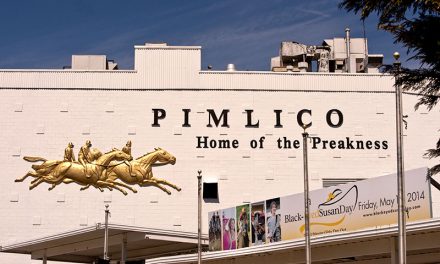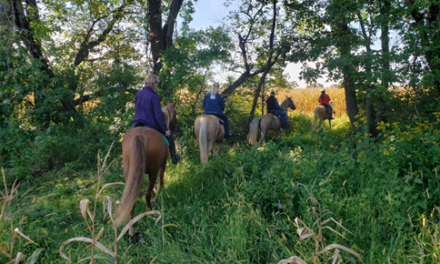first published in the November 2021 Equiery
It’s that time of year when non-profits hope for end-of-year donations and taxpayers look for tax deductions. As a result, we put together this primer on the different kinds of non-profits most common in the horse industry.
Whether an organization qualifies as a non-profit is a question of federal tax law. The section of the tax code that explains the various types of non-profits is 26 U.S.C. § 501. That is why you hear so many people referring to non-profits as “501s.”
Charities: The most common type of non-profit in the horse industry is the 501(c)(3) organization. 501(c)(3) status is generally available for any corporation that is “organized and operated exclusively for . . . charitable . . . or educational purposes,” or to “foster . . . amateur sports competitions,” or to “prevent cruelty to animals to children.”
Charitable organizations do not have to pay federal income taxes and do not have to pay Maryland property taxes. Maryland charities are also exempt from paying sales tax, as long as the corporation has applied for and received a certificate of tax exemption from the Office of the Comptroller.
The major limitation on charities is that “no substantial part of the[ir] activities” can consist of “attempting to influence legislation . . . or interven[ing] in (including the publishing or distributing of statements), any political campaign on behalf of (or in opposition to) any candidate for public office.” In plain English, this means that, generally speaking, charities must keep their lobbying expenditures under 20 percent of their total expenditures.
Trade Associations: Another type of non-profit common in the horse world is the 501(c)(6) corporation, which includes “business leagues.” IRS explains that a “business league is an association of persons having some common business interest, the purpose of which is to promote such common interest and not to engage in a regular business of a kind ordinarily carried on for profit.” IRS defines “business leagues” to include trade associations.
The Maryland Horse Council is a trade association, and so this is the chapter of the tax code under which we are organized. The American Horse Council, the trade association for the national horse industry, is also a 501(c)(6).
Trade associations can engage in an unlimited amount of lobbying provided the lobbying furthers their tax-exempt purpose. For example, MHC can (and does) engage in unlimited lobbying on issues that affect the Maryland horse industry without jeopardizing its tax status.
Social Clubs: The last type of non-profit common in the horse industry is social clubs, which IRS defines as membership clubs organized for “pleasure” or “recreation.” Trail riding clubs, hunt clubs, polo clubs, and the like can qualify for 501(c)(7) status. The only real limitation on social clubs is that “substantially all” of their activities must be for the pleasure or recreation of their members.
We always recommend that you consult your financial adviser on any issue relating to taxes. We also caution readers that not every charitable donation is tax deductible, and whether a donation is tax deductible or not depends on your individual financial situation.
For more tips on how to give wisely, read “Are You Giving Wisely This Year-End?” on equiery.com!











